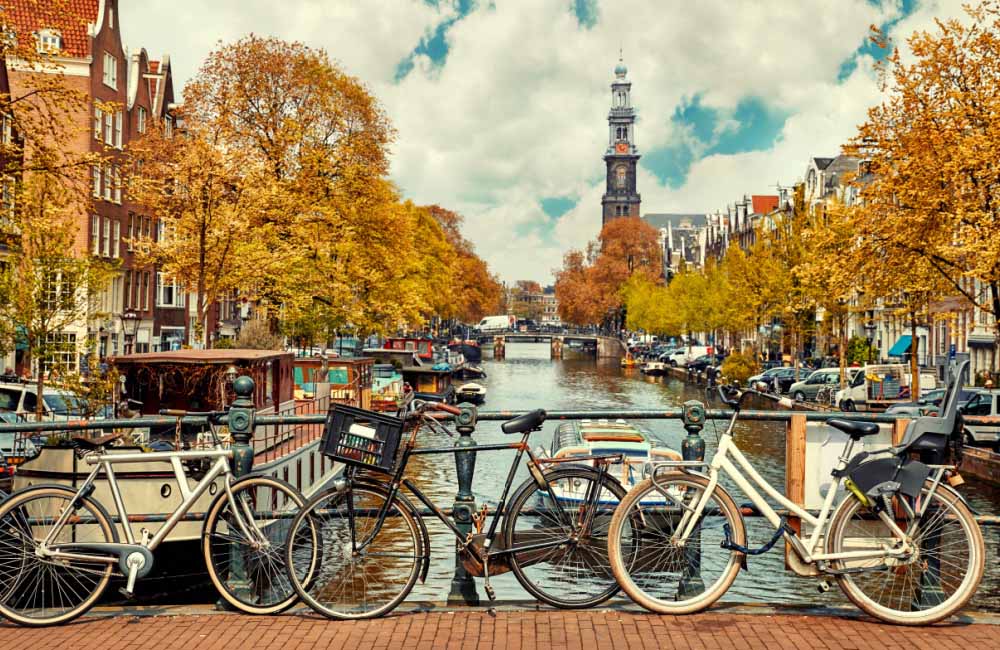What City Will Replace Amsterdam As the Global Cannabis Tourism Capital?
For decades, Amsterdam ranked as the clear cannabis tourism capital. However, it is now taking a step back from this lucrative industry, paving the way for emerging marijuana destinations across Asia, Africa and the Americas.
City leaders in Amsterdam recently decided to change rules around the famous Red Light District, including laws that govern cannabis cafes, bars and prostitution businesses. The changes came in part at the behest of local businesses and residents who wanted to put a stop to the city’s cannabis tourism, which they claim often disturbed life for locals in the city center.
Recent regulations in the central tourist area of the Dutch city include restrictions on alcohol sales, earlier closing times for bars and a fine for public marijuana consumption. The city has ranked at the top of cannabis tourist “go to” list since the 1970s. Now, Amsterdam Mayor Femke Halsema has gone as far as proposing a ban on foreign tourists in the city’s cannabis cafes.
New Policies in Amsterdam Expected to Impact Cannabis Tourism
Experts in the tourism industry suggest that Amsterdam’s new policies could reshape the global cannabis tourism sector, which is now valued at about $17 billion annually. Countries like Thailand, South Africa, Uruguay, Jamaica, Malta, Mexico, Canada and the United States have all relaxed their cannabis laws, making them increasingly attractive to potential tourists. Germany might also join this trend, as it contemplates the legalization of cannabis.
Thailand is an especially intriguing option. The county has long been known for its strict anti-drug laws, much like its neighbors in Asia. However, the country recently became the first in Asia to decriminalize cannabis.
“Thailand is a freewheeling environment at the moment, with very little restriction on consumption by tourists,” Michael O’Regan, an expert in marijuana tourism, told National Geographic. “The country is attracting cannabis tourists across the Asian region and may increasingly attract Europeans.”
Visitors make up the majority of customers in Thailand’s cannabis stores, Mendel Menachem, spokesperson for the website High Thailand, told National Geographic. Thai cities such as Bangkok, Phuket, Koh Samui and Chiang Mai have many shops where tourists can freely buy the drug.
The magazine also reported that more than one million people in Thailand have registered to grow cannabis.
Could a U.S. City Replace Amsterdam?
There’s also the possibility that a U.S. city could become the new cannabis tourism capital. The Washington Post recently reported that while cannabis tourism has increased in cities such as Los Angeles, it has not reached its peak.
The Post wrote, “Despite the momentum, obstacles in the burgeoning cannabis economy have surprisingly hindered innovations in weed tourism. For one, marijuana is still illegal federally, which means states must craft their own rules. In addition, a majority of states ban smoking in public places and many have amended their clean indoor air acts to include cannabis.”
That also was the issue in Amsterdam, where the antics of tourists – not the legality of cannabis itself – became the issue. Speaking to National Geographic, one tourism expert said that tourists could help the situation wherever they go by behaving better.
For those traveling to other countries, he said, good behavior “means all the difference between having a pleasant holiday or potentially being locked up abroad.”




